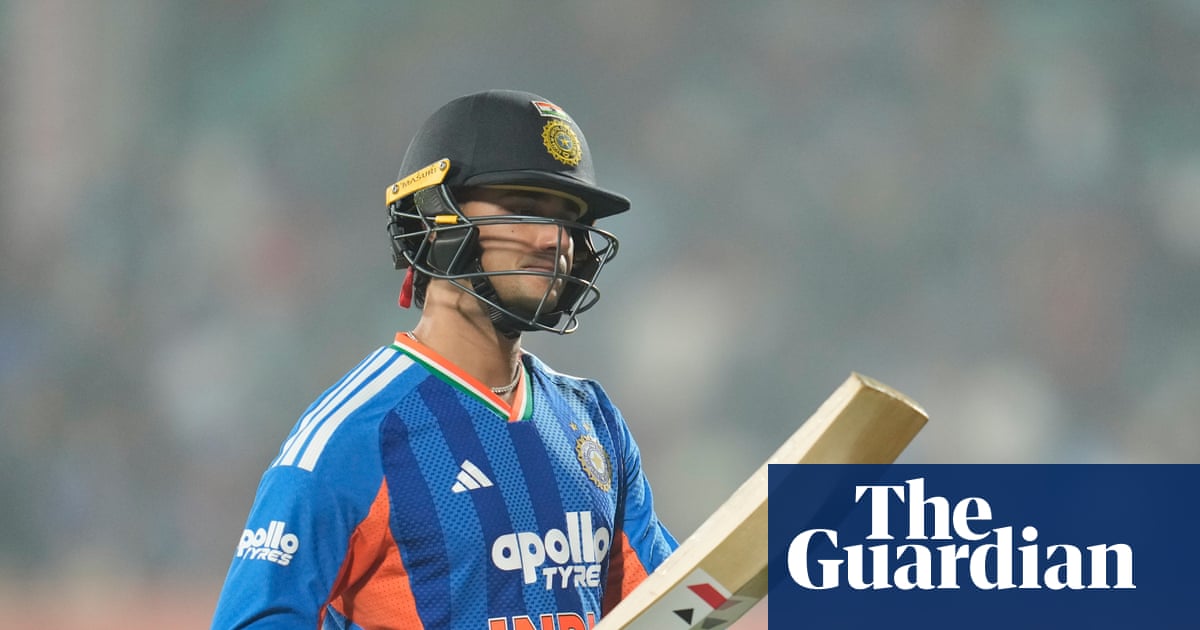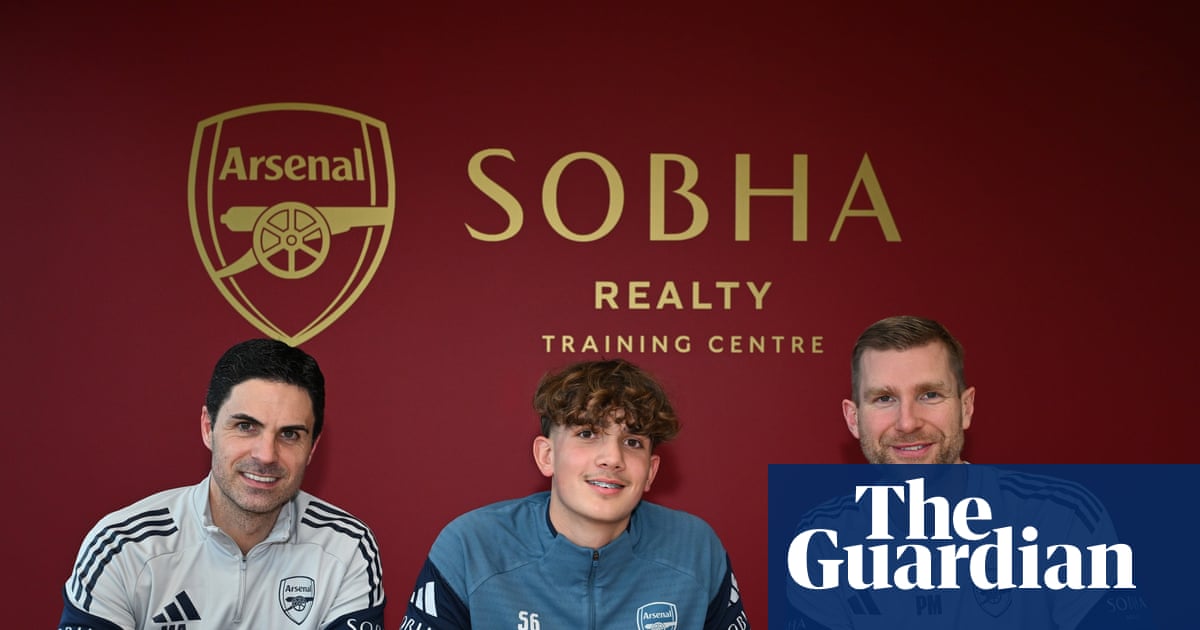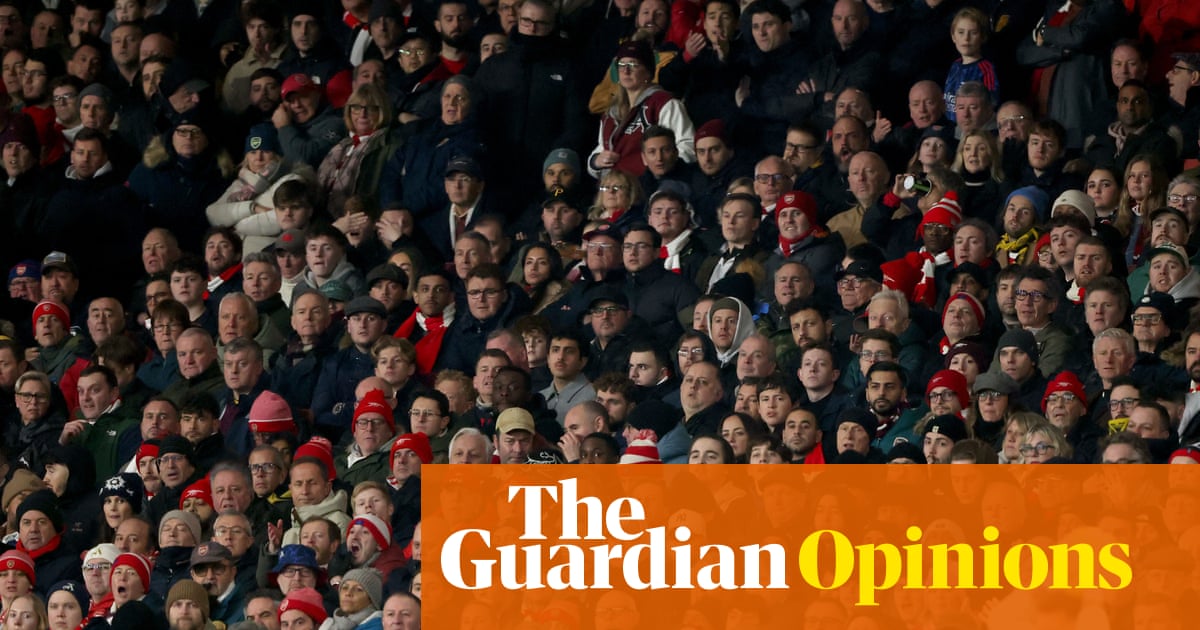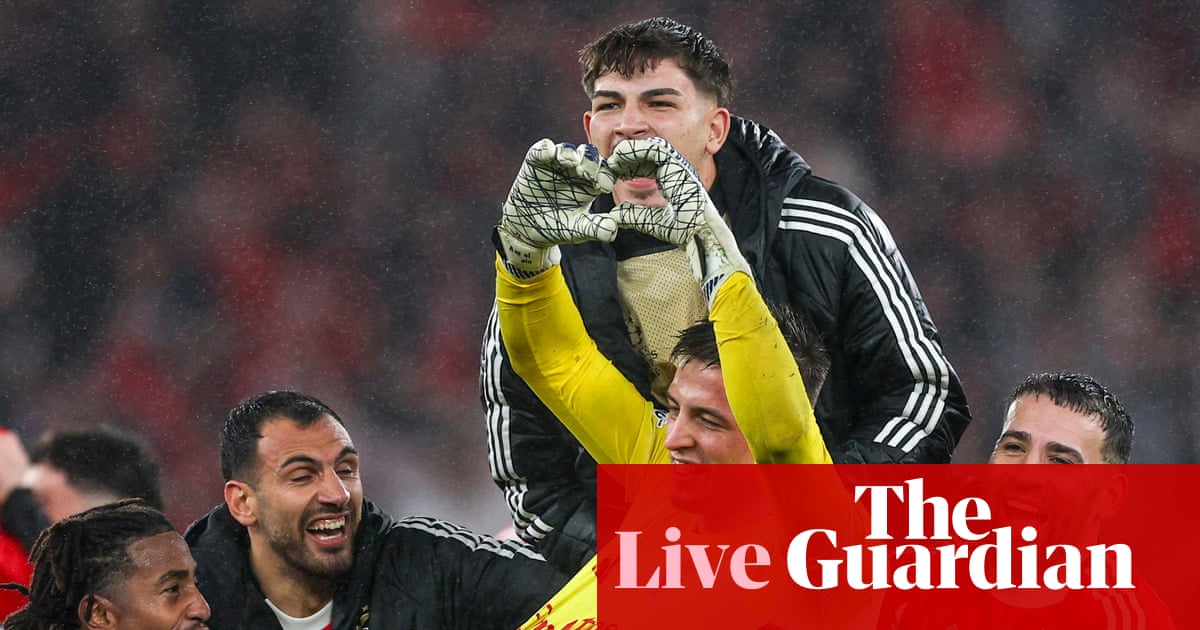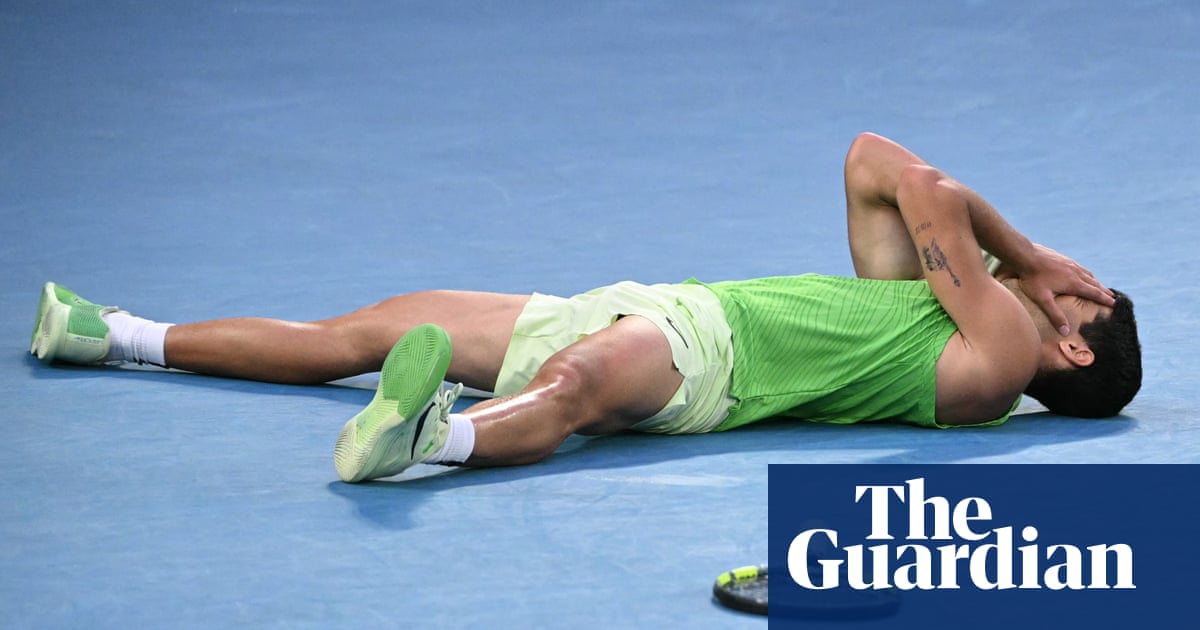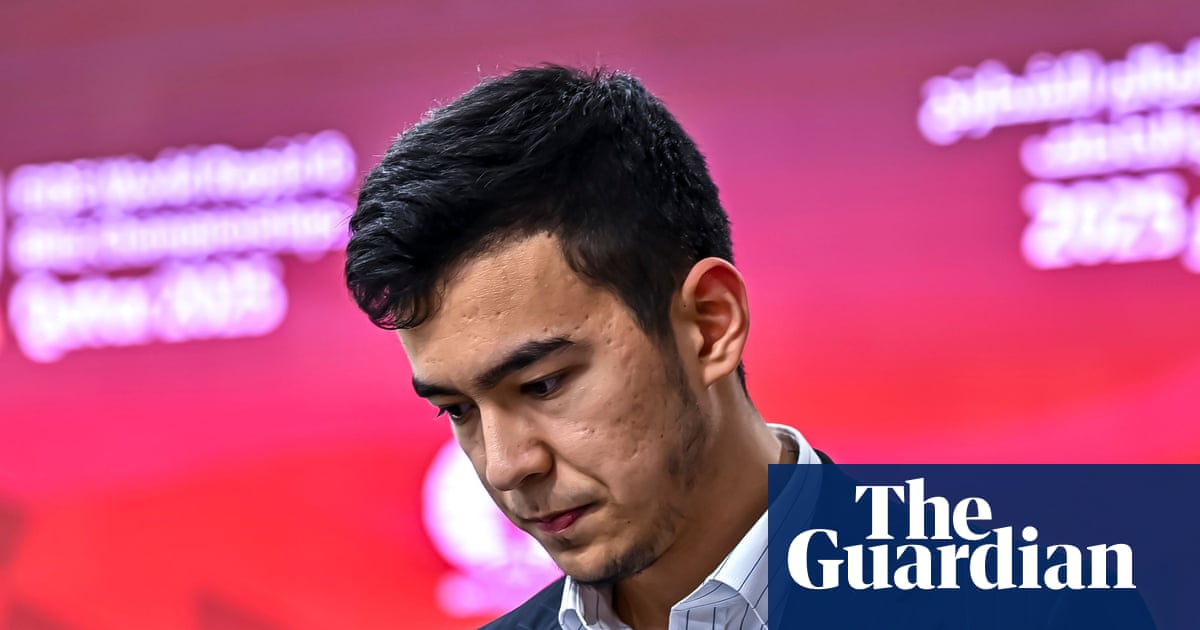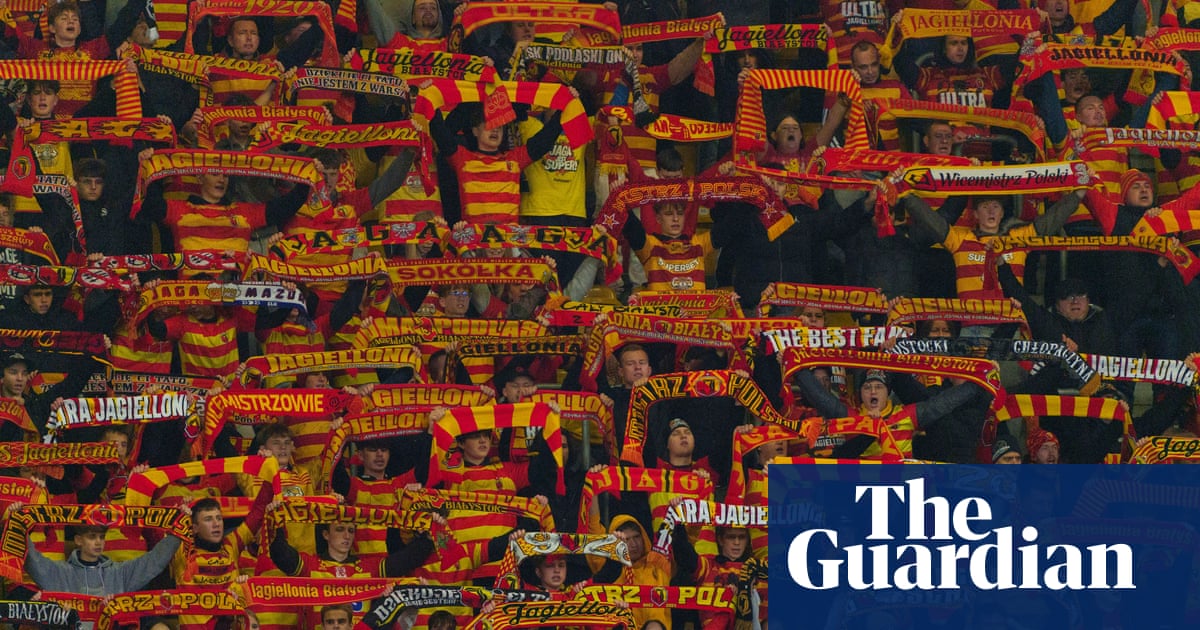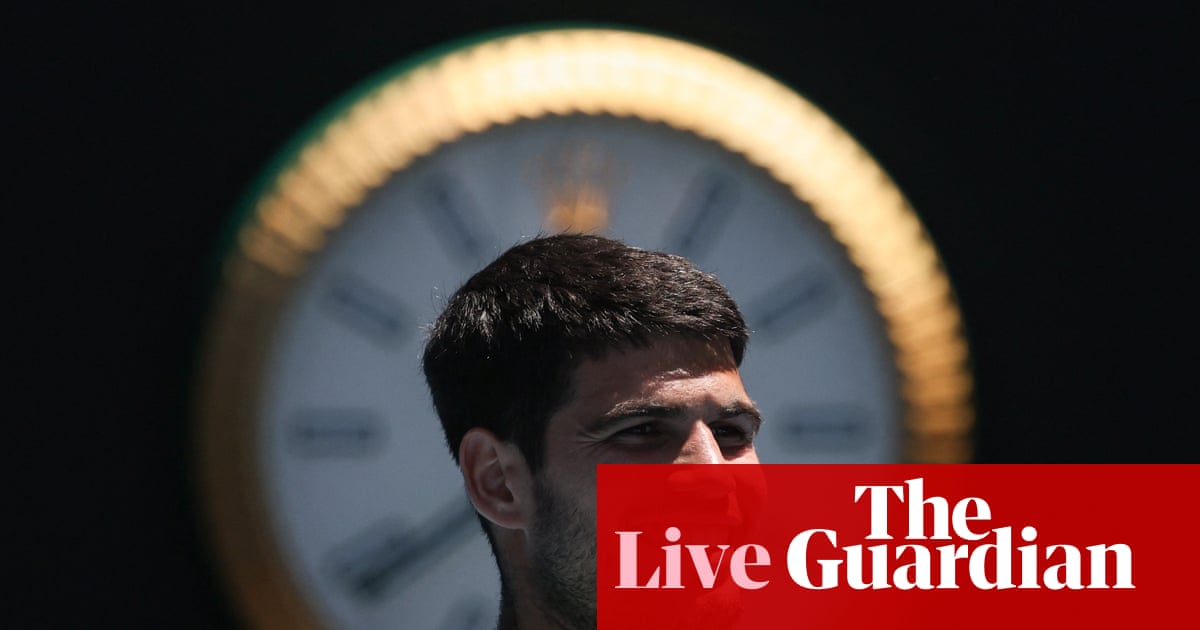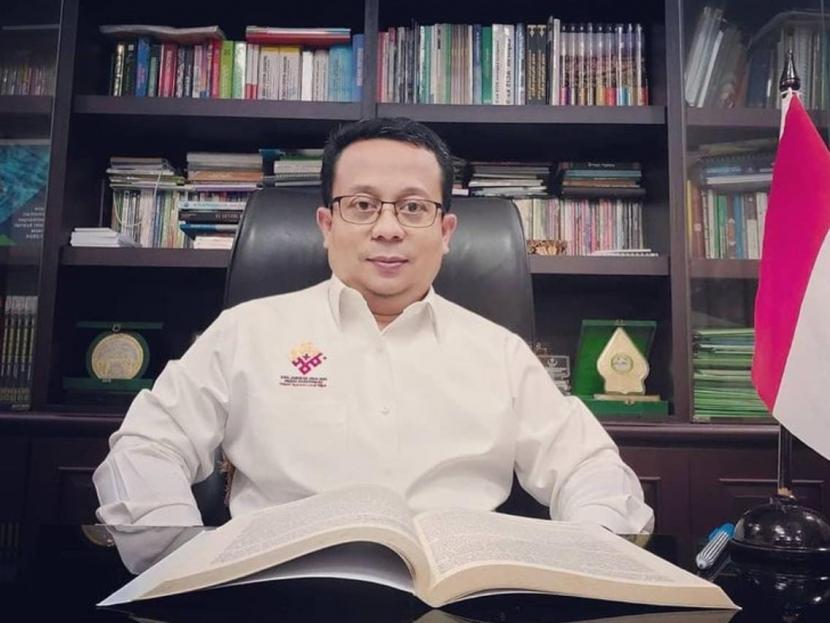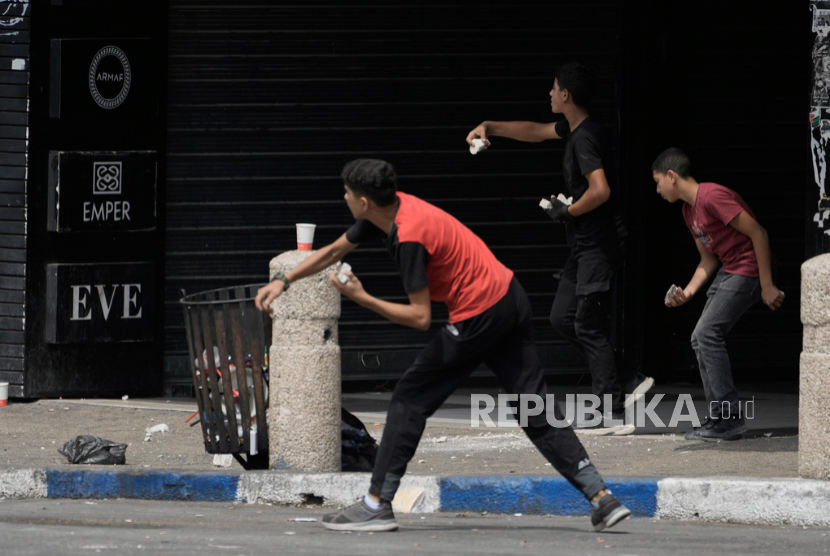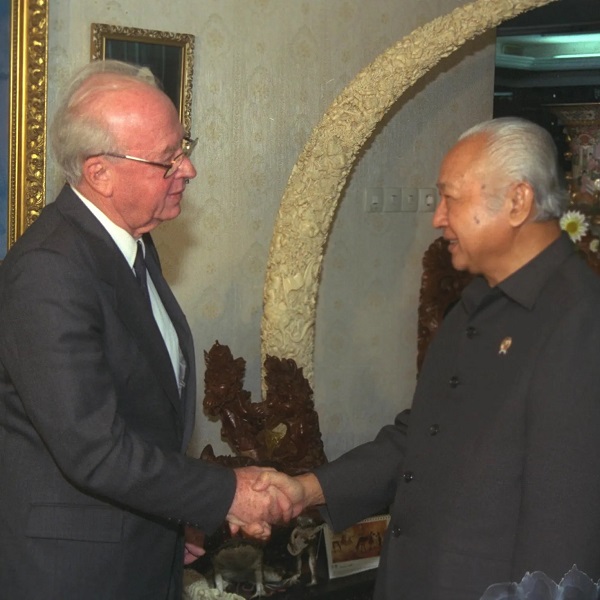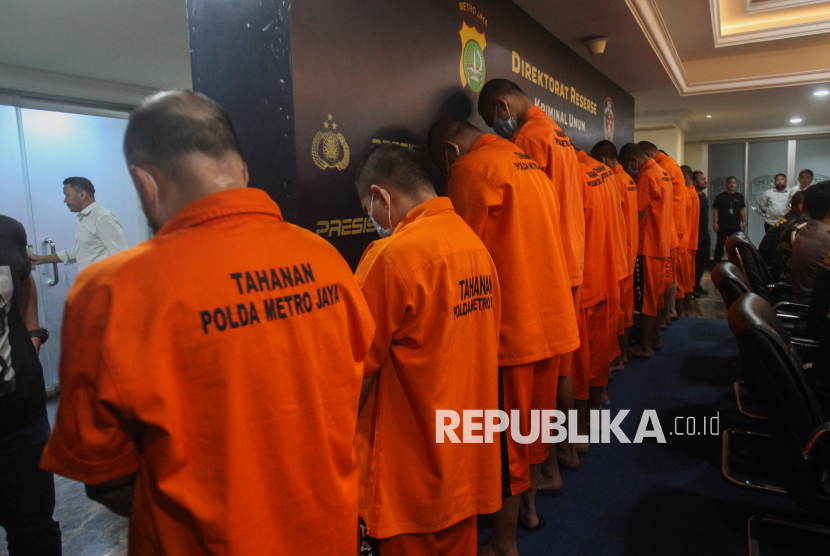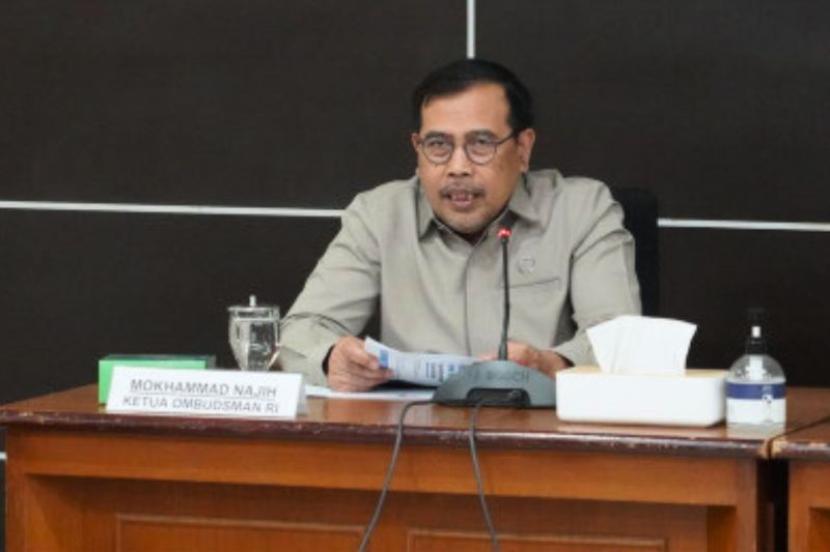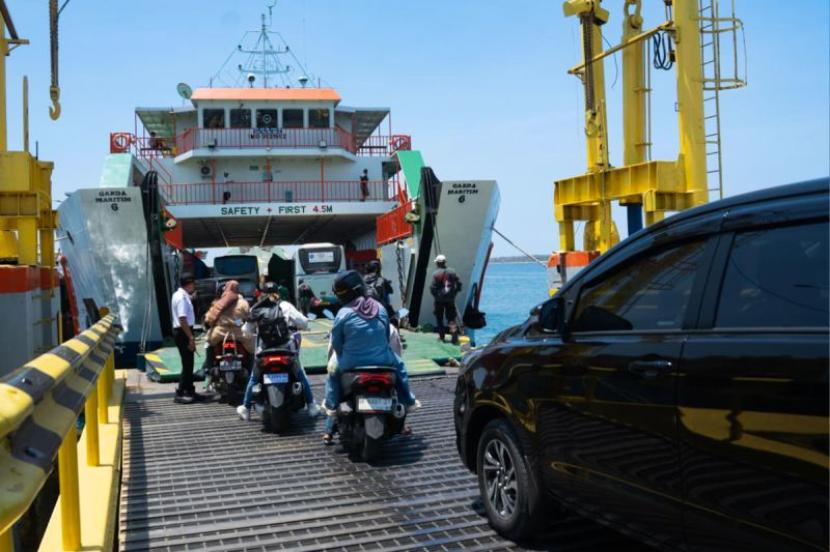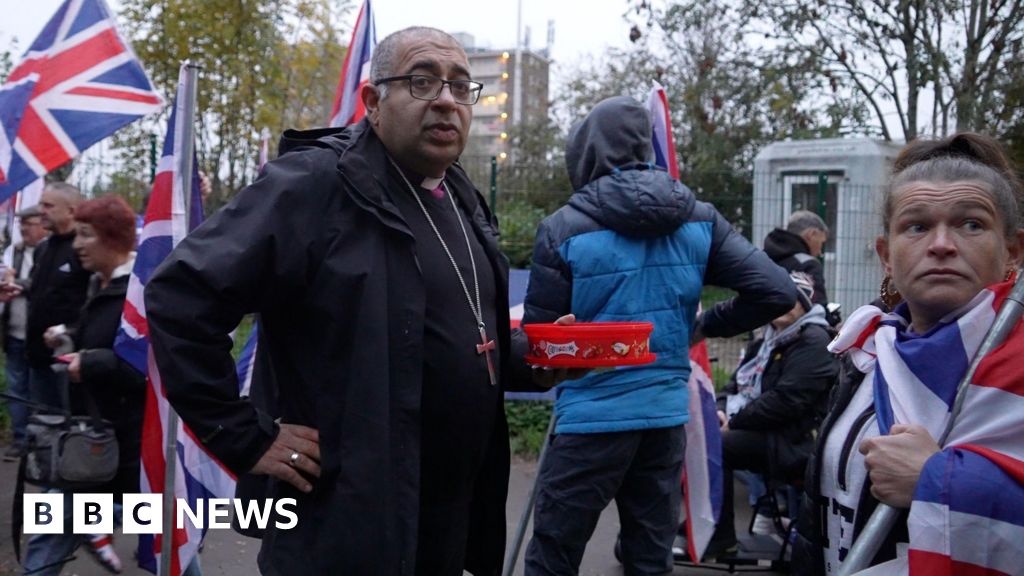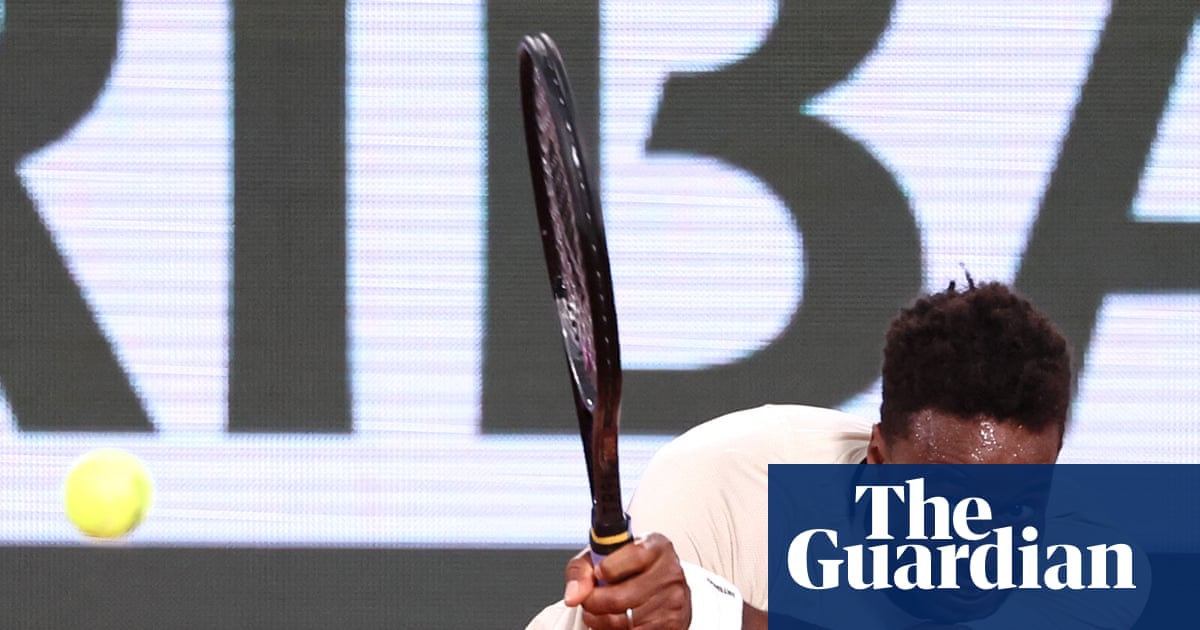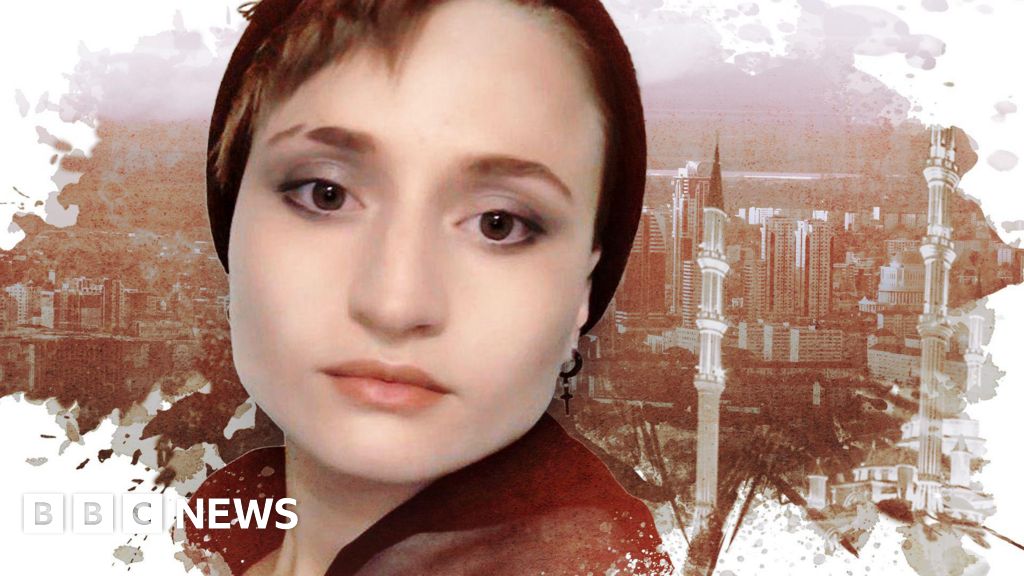The last time Diodo Sokhna spoke to her teenage son, he seemed subdued, his voice sapped of all the optimism he had set off with on a journey supposed to put him on the road to a career as a professional footballer.
After that call Cheikh Touré went silent. His mother’s WhatsApp messages to his phone received only the dreaded single tick, indicating they had not been received. Soon afterwards a man with a foreign accent rang her from a number she did not recognise. He told Sokhna her son was dead and then hung up.
“I screamed. My son was dead and I am broken,” she says. “They killed my only son.”
The 18-year-old, a promising goalkeeper from Senegal’s capital, Dakar, died in October, just weeks after leaving home. He thought he was heading for Morocco, where he would have club trials and meet agents and international coaches. Instead, he was taken hundreds of miles away to Ghana, where he was ordered to ring home and tell his family to send his captors money.
While the number of aspiring footballers across Africa falling victim to such extortion scams is unknown, there is evidence that an increasing number are being caught out by fake agents and illegal football academies who convince them to travel to “trials” or academies or to meet club agents in other countries. For many it will seem to be a rare chance to carve a pathway out of poverty and into the European football clubs whose names many west African boys grow up knowing.
A survey of more than 250 footballers in several African countries carried out by the international players’ union Fifpro in 2023 found 70% had received unsolicited approaches from agents claiming they could help them move to a new club, and that in more than half the cases the promised trial did not materialise. Of those, 56% did not receive a trial they had been promised and 44% did not get a contract they expected to sign.
Like many others, Touré was convinced football could provide for his family. Sokhna sells vegetables from a stall and Touré’s father works for the city authority, rising early each morning and taking several buses from their home on the city’s outskirts to get to work. His younger sister died after falling ill two years ago.
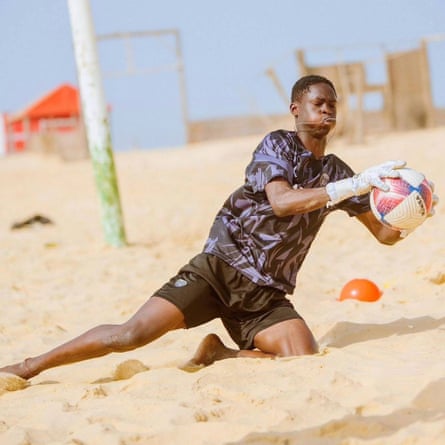
“Cheikh had mercy – he had every intention to make me happy and proud. And that’s why I trusted him when he said he was to travel to Morocco to train with a football club … he insisted I let him go,” says Sokhna.
That he wanted to go to Morocco was not unusual, says Abdelkader Abderrahmane, a researcher focused on transnational security and organised crime in north Africa. The region is exploited by what he describes as a form of organised crime – networks of unscrupulous agents, scouts, poorly run academies and corrupt government officials who help issue visas.
These networks promise young players contracts or trials with clubs in north African countries or Europe, where salaries for footballers are much higher than in their home countries.
“You can get in north Africa [up to] around €20,000 (£17,600) or €30,000 per month – it’s a good salary for them. It’s a way to become better off financially and also a way to jump into Europe, as the Moroccan league or Algerian leagues are to some extent well followed in Europe,” says Abderrahmane.
“Their families see it as a way out of poverty so they push their kids to travel without knowing that they are pushing them to extreme poverty, extreme misery and into danger.”
Agents often approach young players at local academies, telling them their talent could flourish on a larger stage and claiming they have already delivered this success for other players now playing in Europe.
But the promise comes with a fee that must be paid upfront that can amount to thousands of pounds. In Touré’s case it was 220,000 west African CFA francs (£300).
Sokhna remembers Touré’s desperate voice when he called home. His captors were demanding 850,000 CFA for his release. “Do what you can to send it to me,” he pleaded.

Sokhna scraped together the money, first transferring 500,000 and then another 150,000, hoping the little remaining would not cause a problem, that the people involved would understand it was difficult for her to raise such vast sums. But then Touré stopped responding to her calls and messages.
The unknown men who dropped off Touré’s body at a hospital in the Ghanaian city of Kumasi in mid-October claimed he had been in a car crash, but police in Ghana have said that wounds were found on his neck and stomach.
Senegal’s football federation said authorities in both Senegal and Ghana were investigating but it appeared Touré was a victim of “a network of fraudulent recruiters who lured him out of the country”, and called on families to scrutinise any offers they receive.
Touré’s death is an extreme example of what can happen to young players, but Fifpro has come across cases where families have lost their entire savings to pay fees to agents, only to find their children have been abandoned by those who recruited them, without any academy or club to play for.
Last month, the Zimbabwean footballer Marshall Munetsi, who plays for the UK’s Wolverhampton Wanderers, said the issue of young African players being scammed was “more than a crisis”.
“I had three guys who came to France when I was at Reims asking for accommodation because an agent had promised them some trials in Europe, and then they were just stuck at the airport when they got there. Nobody was there,” he told Fifpro’s Footballers Unfiltered.
Mahfoud Amara, an associate professor in Sport management and social sciences at Qatar University, says fake agents exploit the success of previous football stars from Africa who have transformed their lives through the sport by reaching Europe.
“The lucrative nature of the sport, coupled with the allure of high salaries, sports cars and fashionable attire has created a dreamscape that is often portrayed by Fifa, Uefa and corporate affiliates. These entities effectively sell the narrative of happiness and success associated with soccer,” he says.
For Touré, it was not the glamour but the love of the sport and for his mother that drove him to accept the fake offer of playing in Morocco. His TikTok videos were all of him playing football or training. His last showed him performing drills on a Dakar beach.
“All that interested him was football, his attachment to the ball. His passion was only for football,” says Sokhna.
The only other person who featured in Touré’s TikTok posts was his mother, her appearances plastered with heart emojis.
“He wanted me to be healthy and wealthy, to travel to Mecca. He was a good son, he was good to everyone he met,” she says. “He loved and trusted everyone, perhaps it was this naivety, this excessive trust in his peers, that caused him all this harm.”
.png)
 2 months ago
30
2 months ago
30


